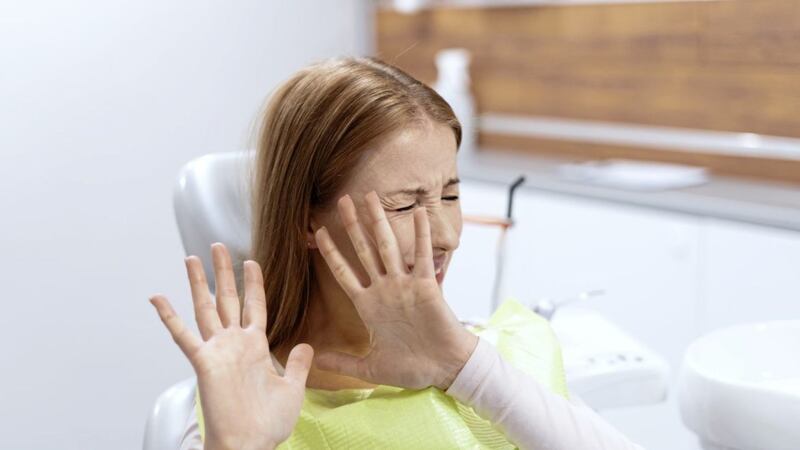DESPITE all the adverts, TV programmes and articles concerning diseases, over a third of people in Northern Ireland don't believe that they are at risk from one of the main causes of death, according to a study commissioned by AIG Life.
The researchers found that only 22 per cent of people think they will be affected by cancer whereas in reality, 50 per cent of us are at risk of cancer past the age of 60.
No one welcomes a stroke however it's estimated that up to 30 per cent of us will have one during our lifetime but interestingly only 7 per cent believe it could affect them.
This 'illness denial' is a fascinatingly normal part of human behaviour. I often suspect that the state of denial probably developed shortly after the concept of marriage was conceived in order for humans to persist.
In the dental surgery, illness denial is surprisingly commonplace especially if the oral affliction does not cause any pain.
Take gum disease, which is a silent stalker and only flaunts its tooth-loosening tentacles in the end stages of the disease, when normally many teeth are about to be lost.
It can be difficult for a patient to accept that there is a problem and that they are staring down the barrel of multiple tooth loss.
Being told you have something wrong with you is a mental shock and we all have different ways of dealing with bombshells. Denial is the brain's way of buying time, a form of self-deception protection until a state of acceptance can be attained.
The brain can get stuck in a state of denial and even start blaming other people for the disease, in particular healthcare professionals, which is generally unhelpful as it prevents the person from moving forward and adopting behaviours that could halt or even reverse the disease.
Illness denial is not wilful, it's a complex state of mind. Sometimes bringing a close friend or relative into the medical or dental appointment can help as a support to try and process the information that the clinician is providing.
After a period of denial, there comes the acceptance of any negative consequences of the disease and the person is more ready to move forward and deal with whatever lies ahead.








